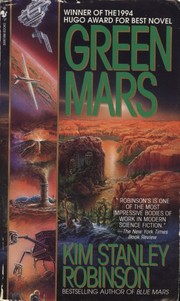rra reviewed Ways of Seeing by John Berger
You probably already know it but you'll want to read it nontheless.
4 stars
A central art-school reference that I actually never read during art school. Too busy making stuff, I guess.
Finally reading it more than a decade after I got it assigned, I find it striking how the ideas it has about images are so normalized that they do not even seem remarkable but rather cliché. It goes to show how early 2010s West-European art institutions live and breathe Berger et al.'s (as well as Beaudrillard, Mulvey, de Beauvoir's) perspectives on classic painting and visual culture.
The visual essays are particularly interesting, but the penguin pocket version butchers their lay-out.
Thanks to @vanderZwan@vis.social for borrowing it to me!





